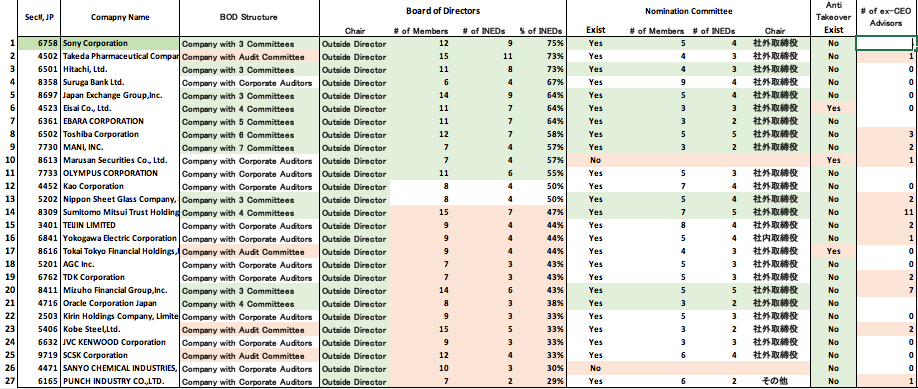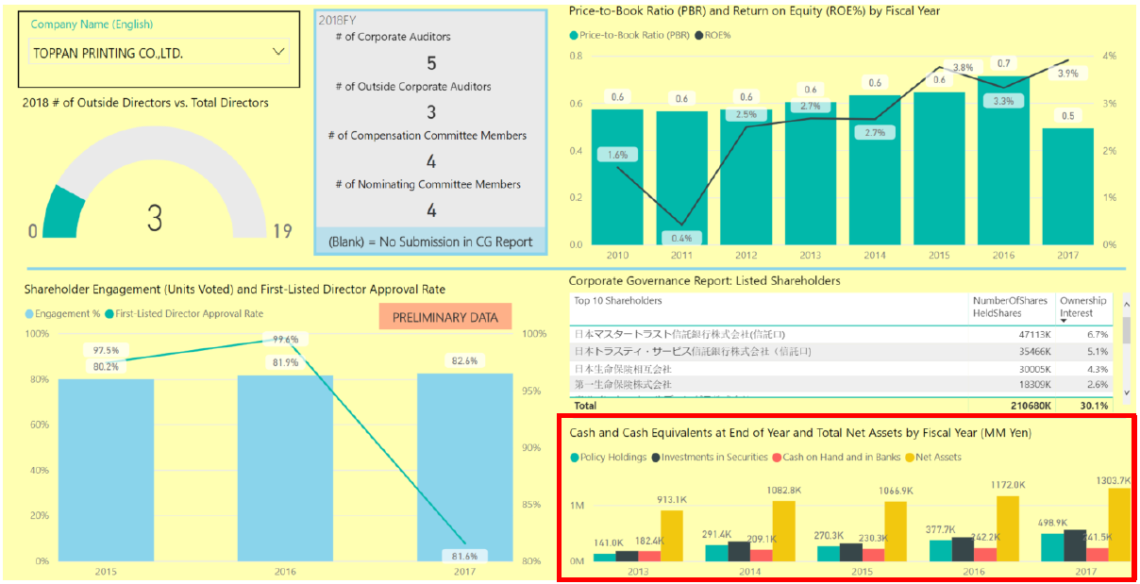
The Corporate Counselor – Insights into Japanese Corporate Law –
by Stephen D. Bohrer and Yusuke Urano, Nishimura & Asahi NY LLP
Summary: “Strategic investors owning more than 10% of the shares of a Japanese company often seek board appointment rights as a measure to protect their investment. Board appointment rights offer a strategic investor a number of significant benefits, such as permitting the strategic investor to obtain useful information about the business plans and key technologies of the company. Although the director nominated by a strategic investor could breach contractual commitments and fiduciary duties if such director relays certain confidential information to the strategic investor, it is inevitable in these arrangements that a strategic investor will obtain some key information that it ordinarily would not have obtained had its nominee not served as a director.
The receipt of confidential information is a double-edged sword for a strategic investor as such information can be very useful for investment monitoring and competitive purposes, but at the same time can result in a violation of Japanese securities laws if a strategic investor makes a purchase or sale while in possession of material non-public information (“MNPI”). Consequently, a strategic investor contemplating a securities transaction with a publicly traded portfolio company (a “Public Investee Company”) in which it has a nominee serving on the board should implement communication protocols to channel information flows to and from its director nominee and the Public Investee Company so the strategic investor does not breach Japanese securities laws (curiously, the prohibition under Japanese insider trading rules does not apply to a privately held company).”




